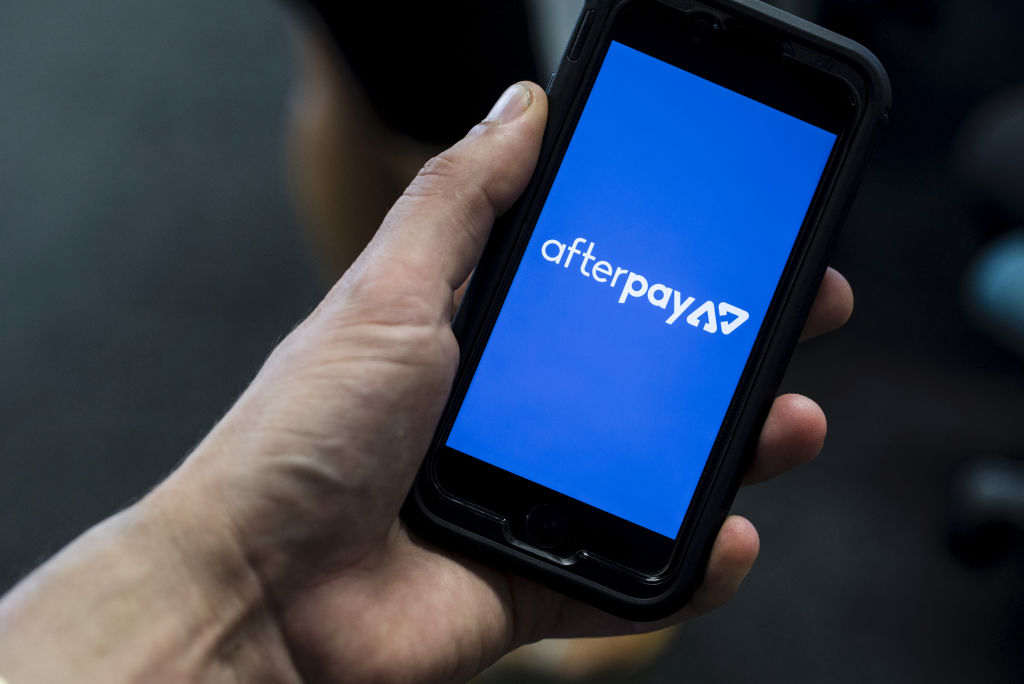How your shopping habits could hurt your chances of securing a mortgage

Sydney first-home buyer Violeta Ramirez, 33, never thought her shopping habits with buy-now-pay-later apps would come back to haunt her until she and her partner applied for a mortgage.
“When they were doing all the checks, handing over all the documents, the bank came back to me and said, ‘Do you have an Afterpay account?’,” she said.

“They told me to provide a statement and show that it had a zero balance. It’s one of those things that we didn’t even think about.”
She said she never expected to have to account for her spending, nor the extra requirements from the bank to show where her money had gone in past months.
But with banks increasingly taking a closer look at the financial habits of applicants, cases like hers are becoming more common.
Domain economist Trent Wiltshire said it was no surprise that the banks were now scrutinising loan applicants’ use of buy-now-pay-later platforms such as Afterpay.
“It is a debt so it should be considered just like a credit card,” he said.
APRA rules limiting lending
The Australian Prudential and Regulatory Authority has stipulated that banks should assess borrowers’ ability to service new and existing loans on the higher of 2 per cent above the loan product rate, or a floor rate of at least 7 per cent.
While this is to ensure that borrowers can meet repayments if interest rates rise, it puts pressure on borrowers to prove that their spending is well within their means.
Lending to households fell 2.4 per cent in January 2019, following a 3.6 per cent fall in December last year, according to the latest ABS figures. This leaves lending to households down 20 per cent from January last year, the largest decline since 2008, 11 years ago.
Mr Wiltshire said APRA’s policies could act as a real restriction on lending given how unlikely a rate rise is now looking.
“This floor now does seem high considering the next move in interest rates is likely to be a cut,” he said. “Some commentators have speculated APRA could reduce this floor, but APRA doesn’t look like it will move.”
Why banks are targeting spending
Banks have begun examining spending habits more closely, with less focus placed on the household expenditure measure and an expansion of expense categories to include items like streaming subscriptions, healthcare costs and transport.
Mozo housing expert Steve Jovcevski told Domain banks weren’t just looking at basic expenses like they had in the past, adding that the changes were worse for people who’d already demonstrated they could pay their mortgage.
“The problem is that if you refinanced a few years ago, it’s now very difficult to do it again,” he said.
“They’re saying you can’t afford the loan even though you’re paying it today. It’s a bit unfair in that respect.”
Founder of mortgage broker and financial advisory Wealthful Chris Bates agreed.
“In the past when property was going up the banks didn’t care if you defaulted, but in a dropping market they’re worried,” he said.
He said the new areas banks were looking at could even make it harder for affluent borrowers to refinance.
“Private schools are going to be a huge problem for a lot of people trying to borrow money going forward,” he said.
Mr Wiltshire said banks could be going too far by dissecting discretionary spending such as food delivery services like Ubereats.
“This is not a spending commitment and could easily be cut back if a person needed to pay off a mortgage,” he said.
Clean up your credit
Mr Jovcevksi said anyone looking to buy needed to clean up their credit at least three months prior to applying for a loan.
“They’ll be looking at Afterpay like an outstanding balance,” he said. “If you’ve got personal loans, they’ll look at those before you apply.”
Mr Bates said three months was a minimum, but new credit reporting meant any unpaid debt – as far back as six years – could come home to haunt buyers.
“I had a client who defaulted on their ISP a few years ago and it came up on a credit check,” he said. “You need to be able to explain why it happened.”
States
Capital Cities
Capital Cities - Rentals
Popular Areas
Allhomes
More







